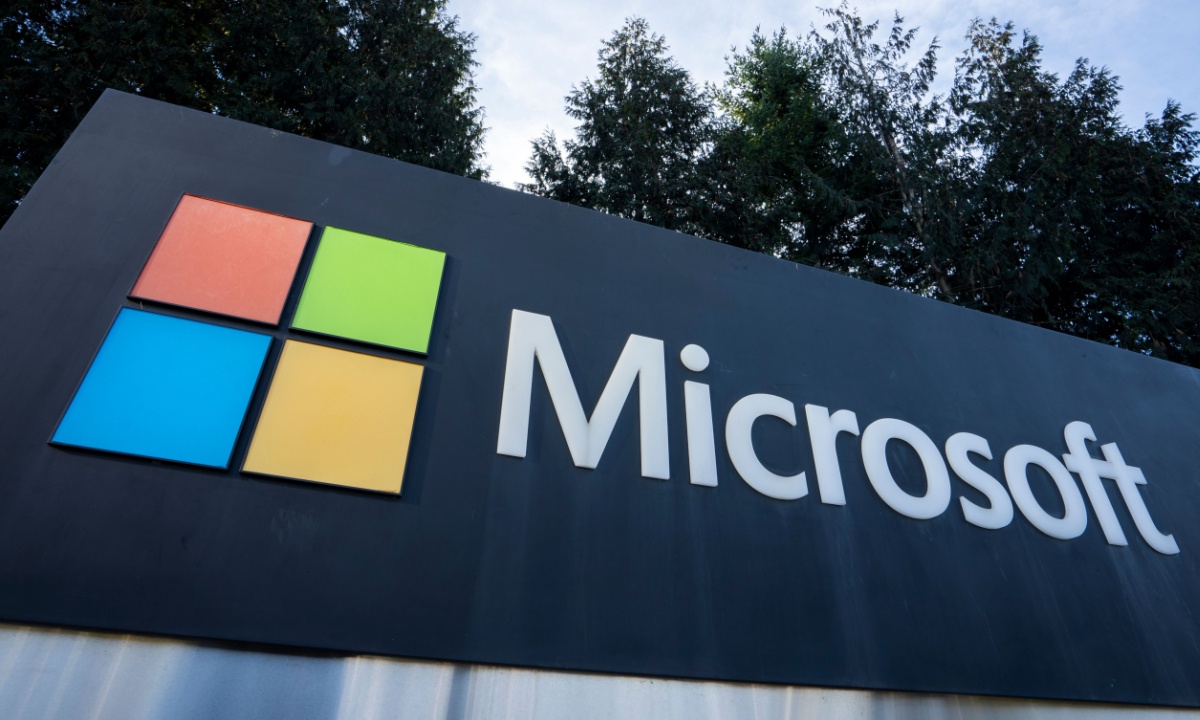
German antitrust authorities have placed Microsoft under heightened surveillance to curb potential anticompetitive practices. The Federal Cartel Office (FCO) announced that Microsoft will be subject to “special abuse control” for five years, citing the tech giant’s dominant position in cross-border competition. Per the Wall Street Journal, this move allows German regulators to act preemptively to prevent unfair market behavior. The decision comes as European regulators increase pressure on major U.S. tech companies.
Featured News
Big Banks Want Washington to Hit the Brakes on Crypto Banking Licenses
Feb 13, 2026 by
CPI
UK Government Orders Review of Daily Mail Owner’s £500 Million Telegraph Bid
Feb 12, 2026 by
CPI
FTC Warns Apple Over Alleged Political Bias in Apple News
Feb 12, 2026 by
CPI
California Is Cracking Down on Lawyers Who Let AI Do Their Homework
Feb 12, 2026 by
CPI
Google Under New EU Scrutiny Over Alleged Search Ad Price Manipulation
Feb 12, 2026 by
CPI
Antitrust Mix by CPI
Antitrust Chronicle® – Hub-&-Spoke Conspiracies
Jan 26, 2026 by
CPI
A Data Analytics Company as the Hub in a Hub-and-Spoke Cartel
Jan 26, 2026 by
Joseph Harrington
Hub and Spoke Cartels
Jan 26, 2026 by
Patrick Van Cayseele
Hub-and-Spoke Collusion or Vertical Exclusion? Identifying the Rim in Hub-and-Spoke Conspiracies
Jan 26, 2026 by
Rosa Abrantes-Metz, Pedro Gonzaga, Laura Ildefonso & Albert Metz
The Algorithmic Middleman in a Hub-and-Spoke Conspiracy: Divergent Court Decisions and the Expanding Patchwork of State and Local Regulations
Jan 26, 2026 by
Bradley C. Weber